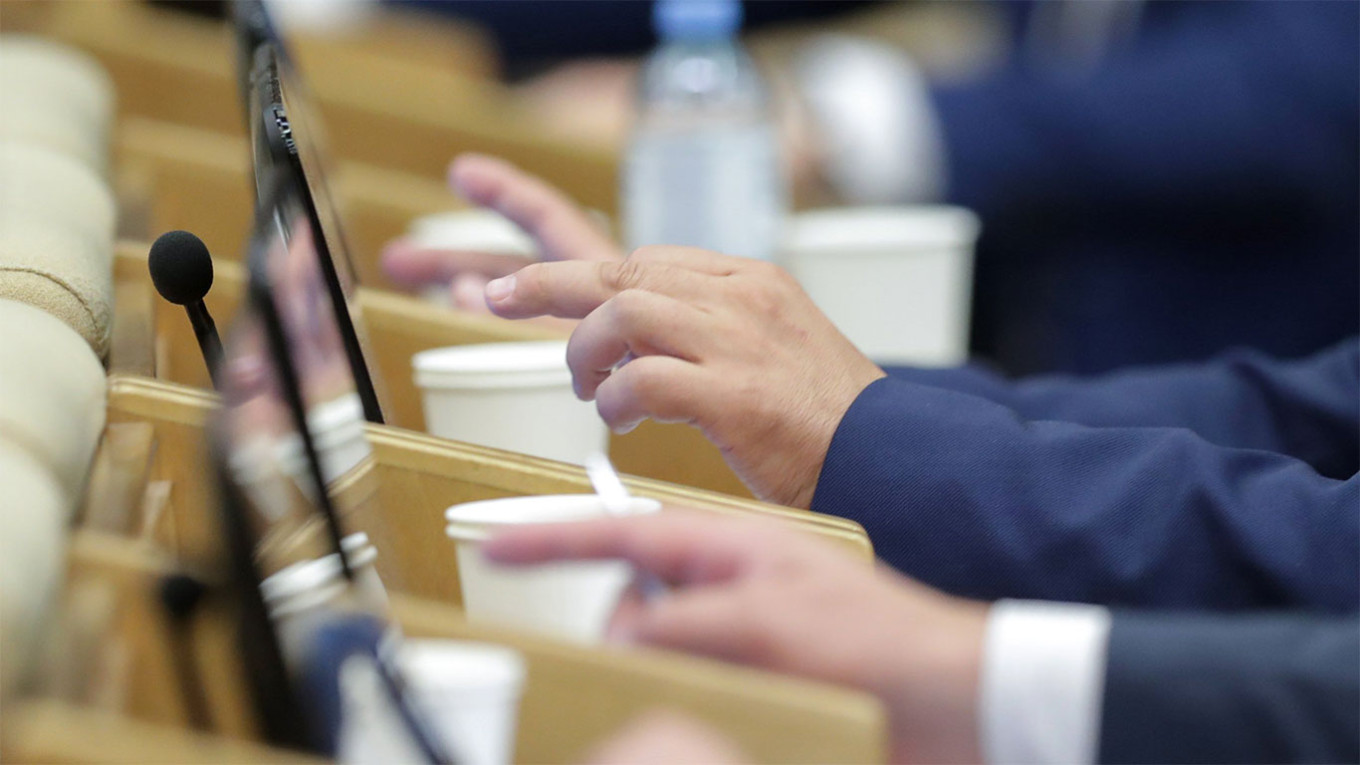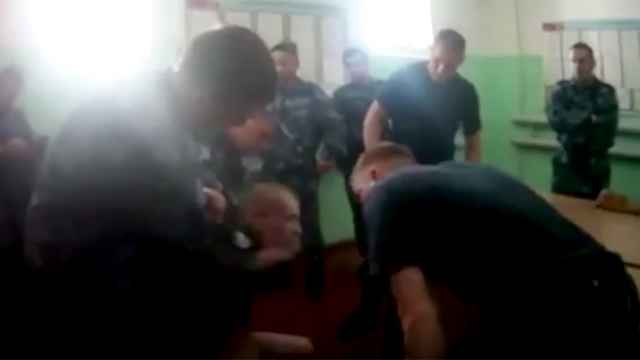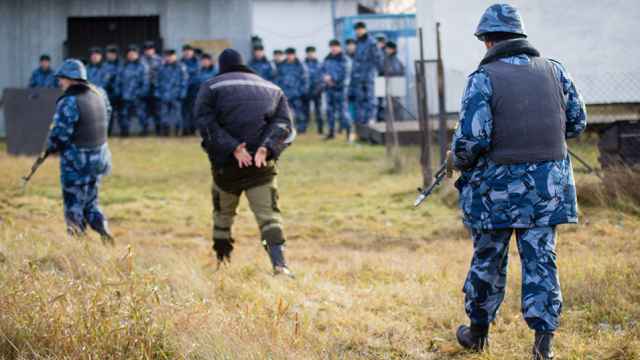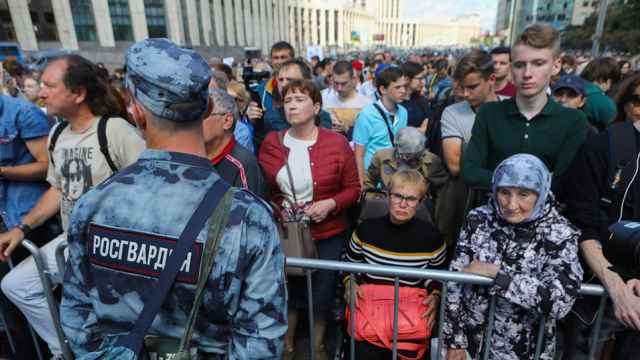Russian lawmakers have approved legislation restoring the authority of the Federal Security Service (FSB) to operate its own system of pre-trial detention centers.
The measure is set to reverse a 2006 reform that had transferred oversight of these detention centers to the Federal Penitentiary Service in line with Council of Europe recommendations.
The legislation, passed in its final reading in the lower-house State Duma on Tuesday, grants the FSB the power to detain individuals suspected or accused of treason, espionage, terrorism and extremism in facilities under its direct control.
It must now pass a single reading in the upper-house Federation Council before President Vladimir Putin signs it into law.
Lawmakers behind the new law argued that re-establishing FSB-run prisons is necessary in light of what they describe as heightened foreign intelligence activity and terrorist threats since the full-scale invasion of Ukraine in 2022.
“The law aims to prevent suspects in national security cases from engaging in unauthorized communication with other detainees,” Vasily Piskarev, chair of the Duma’s Security and Anti-Corruption Committee and one of the bill’s co-authors, said in a statement. “By isolating such individuals, authorities will be able to disrupt attempts by foreign intelligence services and terrorist groups to contact their agents and involve them in further destabilizing activities.”
Piskarev claimed that the number of cases related to treason, espionage, terrorism and extremism have tripled since 2015, while arrests in these cases quadrupled.
He said that these efforts, which allegedly involve support from terrorist and extremist cells, “have resulted in a sharp rise in related criminal investigations.”
While the law formalizes the FSB’s ability to operate detention centers, critics note that the agency never fully relinquished control of some facilities, even after the 2006 handover.
Moscow’s Lefortovo Prison, a notorious pre-trial jail long associated with Russia’s security services that has held prominent figures including U.S. journalist Evan Gershkovich, remained effectively under FSB control after 2006, the exiled Mediazona news website reported.
The Nobel Peace Prize-winning rights group Memorial reported that SIZO-2 in Taganrog, where Ukrainian prisoners are detained, is also run by the FSB. Multiple reports of torture and abuse have emerged from the facility.
The law’s passage follows a broader tightening of internal controls and surveillance powers by Russian authorities, part of an expanding security apparatus that critics say is being used to suppress dissent, intimidate civil society and consolidate the Kremlin’s hold on power amid the ongoing war in Ukraine.
The FSB’s prison authority traces its lineage back to the Stalin-era NKVD, which operated its own network of detention centers and labor camps during the height of political purges in the 1930s and 40s.
Although many such prisons were shuttered after Stalin’s death, the Soviet KGB, the FSB’s predecessor, retained special detention facilities for dissidents and suspected spies, including Lefortovo.
A Message from The Moscow Times:
Dear readers,
We are facing unprecedented challenges. Russia's Prosecutor General's Office has designated The Moscow Times as an "undesirable" organization, criminalizing our work and putting our staff at risk of prosecution. This follows our earlier unjust labeling as a "foreign agent."
These actions are direct attempts to silence independent journalism in Russia. The authorities claim our work "discredits the decisions of the Russian leadership." We see things differently: we strive to provide accurate, unbiased reporting on Russia.
We, the journalists of The Moscow Times, refuse to be silenced. But to continue our work, we need your help.
Your support, no matter how small, makes a world of difference. If you can, please support us monthly starting from just $2. It's quick to set up, and every contribution makes a significant impact.
By supporting The Moscow Times, you're defending open, independent journalism in the face of repression. Thank you for standing with us.
Remind me later.






